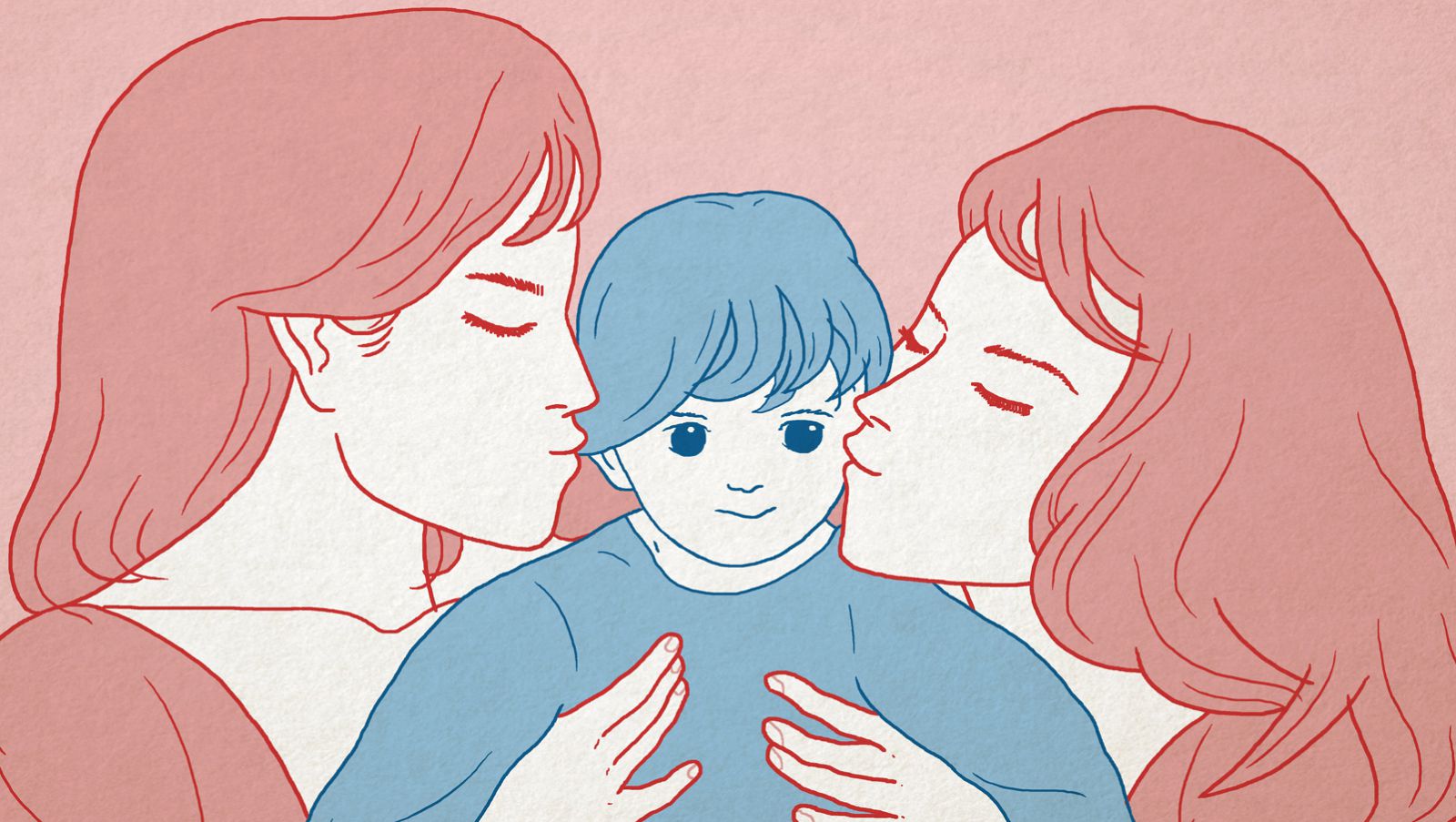From the confessional to the indignant: Quartz personal essays that resonated in 2015
2015 was, in many ways, the year of the personal essay. No longer confined to the more restrictive real estate of newspaper op-ed pages, first-person accounts have found new and fertile ground online. Mistakenly derided by some as being soft or indulgent, the personal essay—when done well—remains an underrated journalistic art form. Whether confessional or probing, indignant or prescriptive, such writing is powerful precisely because it hits so close to home.


2015 was, in many ways, the year of the personal essay. No longer confined to the more restrictive real estate of newspaper op-ed pages, first-person accounts have found new and fertile ground online. Mistakenly derided by some as being soft or indulgent, the personal essay—when done well—remains an underrated journalistic art form. Whether confessional or probing, indignant or prescriptive, such writing is powerful precisely because it hits so close to home.
The Ideas section of Quartz has published many, many accounts over the past 12 months, making a top 10 list essentially impossible. Here, in no particular order, are some of the pieces that resonated the most with us this year.
Cancer isn’t simply a disease, it’s a thief, stealing away precious life moments and sometimes even pieces of yourself. As Lauren Brown explains, the trauma of a cancer diagnosis doesn’t hit you all at once—it is a rolling, palpable wave of emotion that follows you for your entire life. All you can do is survive.
When Maureen Shaw was a young woman, she promised herself that if she ever found the man who raped her, she would confront him. The consequences of that interaction, years after the fact, were as complicated as they were restorative.
As mass shootings continue to devastate the US, the idea that mental illness goes hand in hand with violence has become something of a cliché. Sarah Fader reminds us of the dangers of this myth, which has done little to dull the violence while unnecessarily stigmatizing those living with mental illnesses.
In a previous life, Helena Bala worked as a lawyer and Washington, DC lobbyist. But for the past year, she has been doing more listening then talking, allowing strangers to share their stories in a life-affirming testament to the breadth and depth of humanity.
With so much at for the world’s approximately 30 million Western Muslims, Haroon Moghul undertakes an ambitious task: To create an outline for what the next generation of Muslims can do to ensure their community and their heritage survives.
Millions around the world watched in horror as a 7.8 magnitude earthquake decimated Nepal in April. Working at the foot of Mount Everest, Svati Narula was able to escape the disaster zone physically unharmed—but months later the emotional wounds remain raw.

Even the most successful among us struggle to feel worthy of acclaim. Akhil Sharma plumbs the depths of this shame as he contrasts newfound professional achievements with a painful family history.
A bastion of capitalism and entrepreneurship, Sillicon Valley is the envy of the world’s business elite. But as Palo Alto parent Julie Lythcott-Haims describes, the culture of overachievement and excellence at any cost is wreaking havoc on the regions young people.
Growing up in suburban Georgia, Vivian Giang longed for food that would help her fit in with her white peers. But a decade of life experience has gifted her with a renewed love for the same smelly, savory dishes that once filled her with so much shame.
The shooting death of Walter Scott, an unarmed black man, at the hands of a white police officer proved to a catalyst for 2015’s anti-black racism movement. Melvin Backman grew up near the place where Scott took his final steps, a reminder that for many Americans this kind of brutal violence strikes at the very heart of our notion of home.
The proud sone of lesbian moms, Zach Wahls meditates on parenting, childhood and the kind of dad he hopes to one day become. Because when it comes to defining the “traditional American family,” gender should be the least of our concerns.
How do you eulogize a fast food chain that is not quite dead, definitely scorned, and yet was once so closely tied to the American Dream? A former McDonald’s employee himself, Paul Smalera reflects on his own contradictory memories of the iconic fast food chain.
One of the major business stories of 2015, a New York Times investigation into the allegedly oppressive workplace culture at Amazon drew praise and criticism in equal measure. The wife of a former Amazonian, Beth Anderson offers an emotional first-person look at the way bad management practices reverberate at home.
The internet of things, the rise of social media and innovations in mobile technology have made it so that we never have to be unplugged? But is all this buzzy hyperawareness of our surroundings making us more social (or happy)? Jake Flanagin would argue not necessarily.
In 2015, the wage gap for women shows no signs of going away. In the face of such a complex societal problem, women and minorities need to band together when it comes to salary negotiations, urges Meredith Bennett-Smith. Forget the social mores of generations past that required salary secrecy, transparency has the potential to lift everyone up, together.
